
Although the first successful electric car in the U.S. was designed by William Morrison around 1890, it was not until 1999 that Honda released the first mass-produced hybrid vehicle. Since the introduction of the Insight hybrid, many people have preferred the combination of internal combustion engines and electric motors to save more fuel and reduce their carbon footprint. However, this eco-friendly option comes with trade-offs, such as sacrificing acceleration and muscle. Before purchasing a hybrid vehicle, it’s important to be aware of these 15 not-so-pleasant truths.
Higher Initial Cost

Hybrid cars typically have a more elevated initial cost compared to traditional gasoline vehicles due to their advanced technology. Usually, the culprits are features such as electric motors and battery packs, which increase prices by $2,000 to about $10,000. For instance, a Toyota Prius can set you back $28,000, while a comparable Corolla starts around $20,000.
Higher Repair, Maintenance, and Insurance Costs

Hybrids might have steeper maintenance costs due to their complex batteries. Replacing a standard gasoline car battery costs around $150 to $325, while hybrids cost way more. For maintenance, you don’t spend much on hybrids when the warranty is still on, but you may have to shell out big bucks when it expires. As expected, insurance may also be slightly higher to cover these pricier components.
Reduced Performance
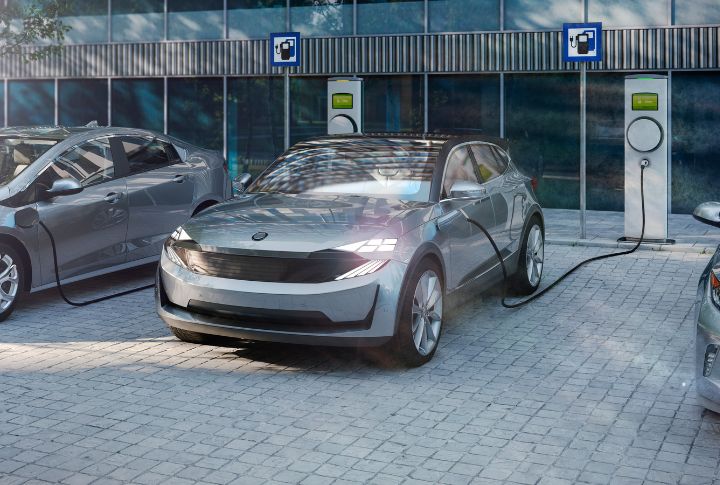
While the fastest hybrid car is the Volvo S60 Recharge T8 eAWD with 455 HP, the Koenigsegg Jesko Absolut can reach 1,600 HP on E85 biofuel. This trade-off on performance is usually due to prioritizing fuel saving and the weight of their drivetrains. The entire design is made up of the battery pack, electric motor, regenerative braking system, and associated cooling systems that slow down the vehicle.
Battery Manufacturing, Production, and Disposal May Have Environmental Impact
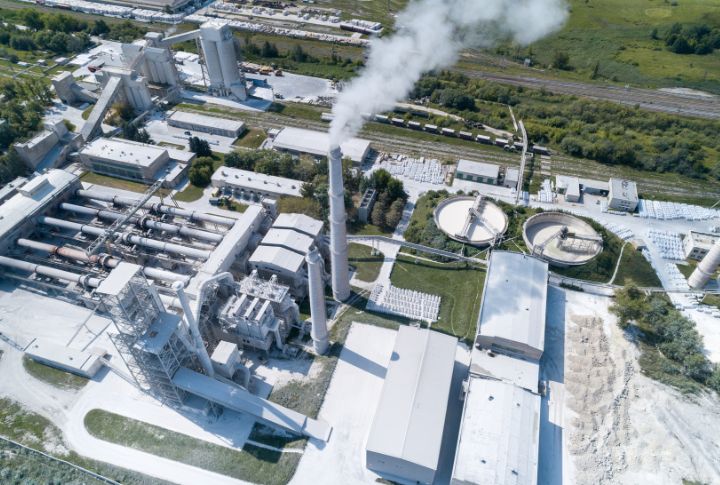
Brands promote hybrids as eco-friendly alternatives due to their reduced emissions. However, battery production can be problematic as it may require a lot of resources, and mining materials like nickel may pollute the environment. Furthermore, battery disposal can release harmful chemicals if not done properly.
Hybrid Cars Are Limited to Certain Classes or Styles
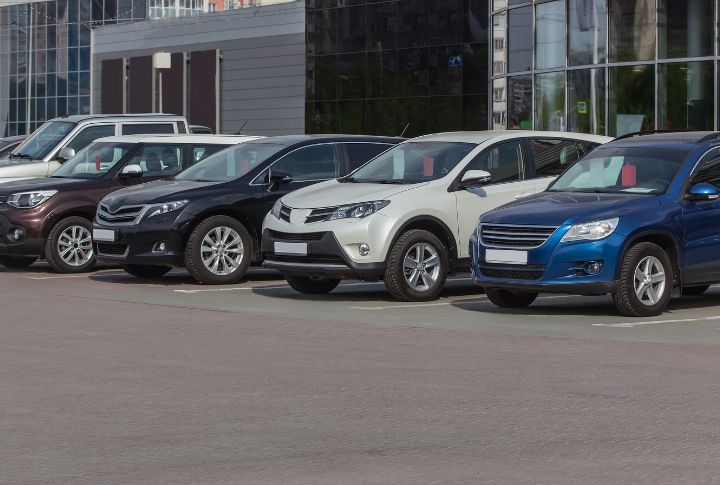
Carmakers mostly manufacture hybrids as sedans, making them limited in other classes, so finding a hybrid option in a truck, coupe, SUV, or sports car might be difficult. For instance, compared to the wide range of gasoline trucks available, there are only five hybrid pickup trucks in the U.S. market. Among them are the Ford Maverick and versions of the Ram 1500, Toyota Tundra, Ford F-150, and Toyota Tacoma; however, their non-electrified models sell the most.
Operating in Extreme Temperatures Can Affect Efficiency and Performance
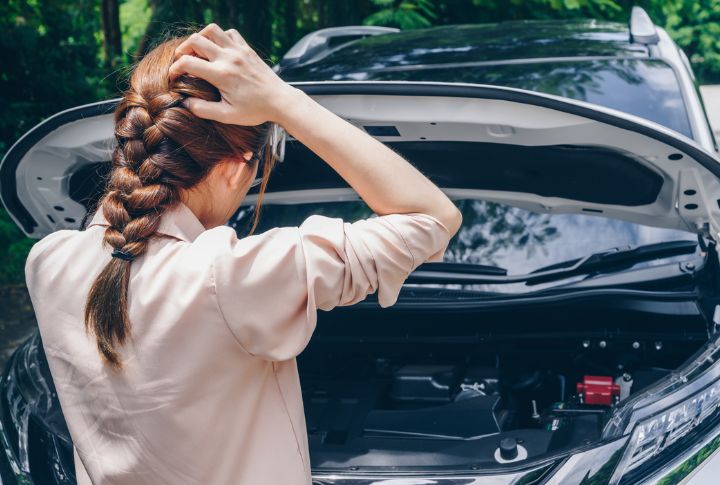
In very hot weather, their battery may need extra energy to cool itself, reducing fuel efficiency. Cold temperatures can also limit battery output, affecting acceleration and overall performance. Also, their wiring carries 12 to 650 volts, unlike gasoline, which has 12 to 24 volts, and the tiniest spark can lead to a fire.
Degraded Batters Are Expensive to Replace
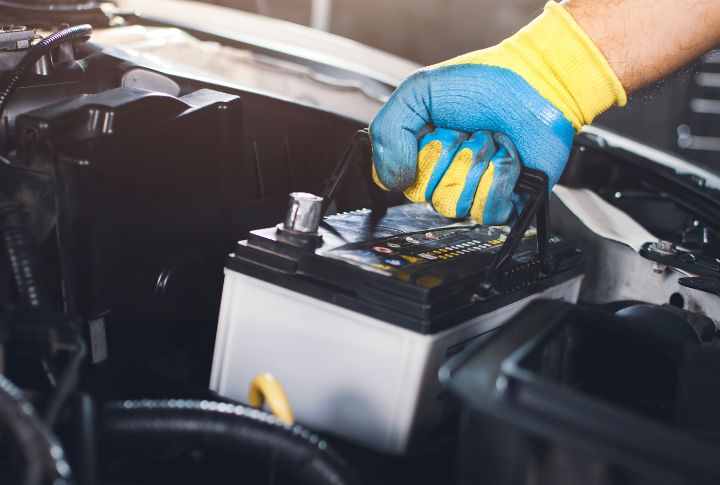
Hybrid cars like the Prius or Accord Hybrid have a significant drawback in their batteries. Over time, these batteries tend to degrade and require replacement, which can cost between $2,000 and $4,000. This is considerably higher than the cost of replacing batteries in gasoline cars. Additionally, there may be extra charges for professional installation, depending on the vehicle, which can make the cost even higher.
Batteries Are A Fire Hazard

First responders, particularly firefighters, have raised concerns about the potential dangers of hybrid cars in accidents. They stress the need for additional safety measures due to the complex risks involved. High-voltage wiring and batteries can make the response process more challenging, and fires in hybrids can be up to five times hotter than in traditional cars. Moreover, the heat generated by hybrid fires can cause them to reignite even after extinguishing the fire.
Not Suitable for Long-Distance Driving
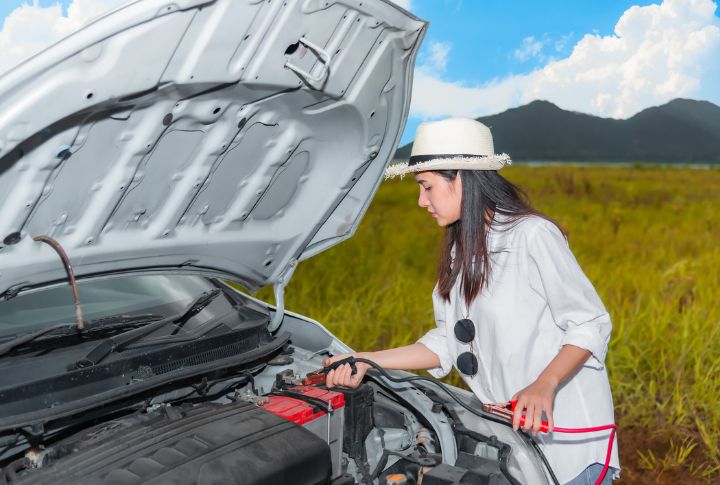
Carmakers primarily build hybrids to conserve fuel within the city, but this feature limits their electric range to around 25-50 miles. This means that the gasoline engine kicks in on long road trips more frequently, reducing fuel-saving benefits. Also, drivers may need to stop frequently to refuel, making hybrids less ideal for long distances unless charging stations are readily available.
Value Depreciates Faster

The complex technology of hybrids and higher depreciation rates may deter some used car buyers, leading to a steeper drop in value. For instance, used Hyundai Sonata and Toyota RAV4 hybrids cost more than their non-hybrid counterparts. When you want to buy, consider how long you plan to own the car to measure the initial cost against the potential resale value.
Charging Stations Are Not Readily Available for Plug-In Hybrid Vehicles (PHEVs)
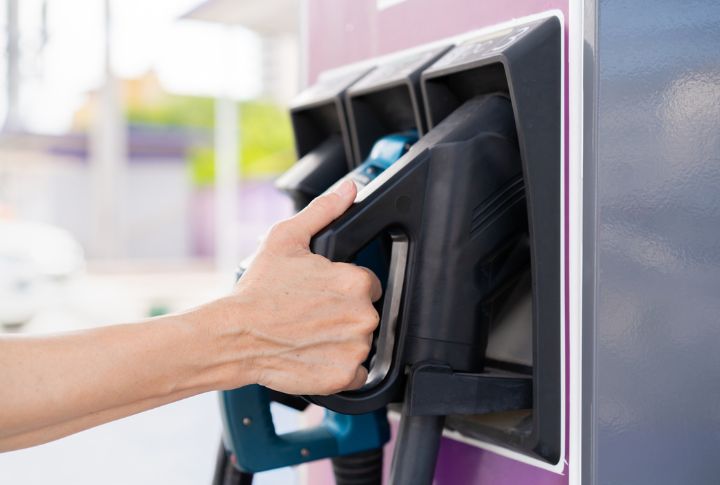
Plug-in hybrids have excellent fuel efficiency while running on electric power, and you definitely save more, but charging can be stressful. Unlike fully electric cars, they can’t rely on just about any gas station. They depend on charging stations, which are less common. Hybrids can be inconvenient on long trips or in areas without charging infrastructure; imagine power running out several miles from the next station.
Batteries Reduce Trunk Space
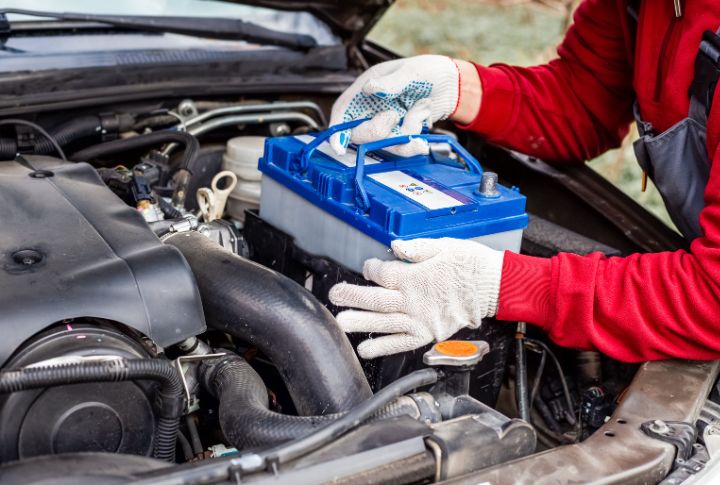
Compared to a gasoline Corolla with a front engine, the Prius has a smaller cargo room. Hybrids that sacrifice trunk space for their batteries can discourage families who want ample space for luggage or outdoor gear. Likewise, the reduced capacity may not be ideal for people who go on frequent adventures or road trips.
Most Models Have Lower Towing Capacity
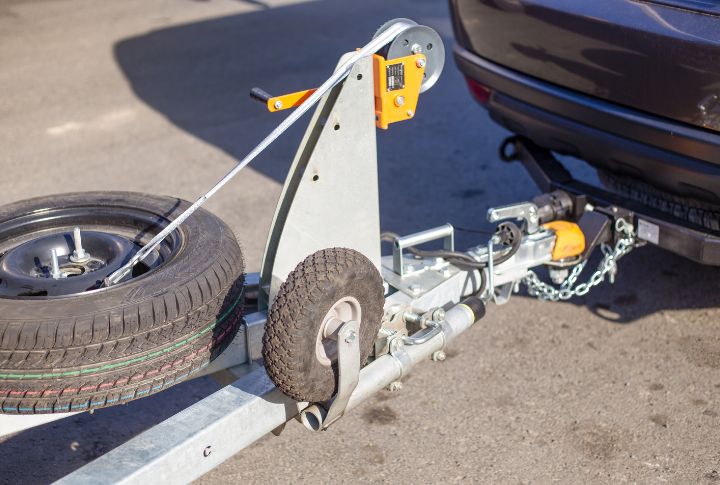
Hybrid cars typically have lower towing capacity compared to conventional vehicles due to their focus on fuel efficiency and reduced emissions. For instance, the Toyota Prius can only tow 1,600 pounds, significantly lower than the Toyota 4runner’s 5,000-pound towing capacity. Their numbers are low because their design uses lightweight materials and smaller engines to save fuel.
Hybrid Systems Have Complex Repair Processes
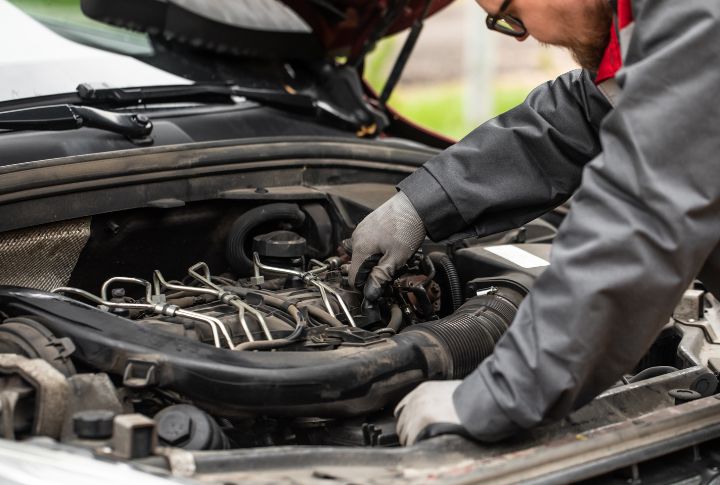
Mechanics without specialized training may struggle with repairing their systems as they’re unfamiliar with high-voltage components, battery management systems, and software integration. For instance, diagnosing issues in a Toyota Prius’ requires expertise in regenerative braking systems and power-split devices. This factor ultimately leads to longer repair times and increased costs, especially labor.
Decreased Highway Fuel Economy
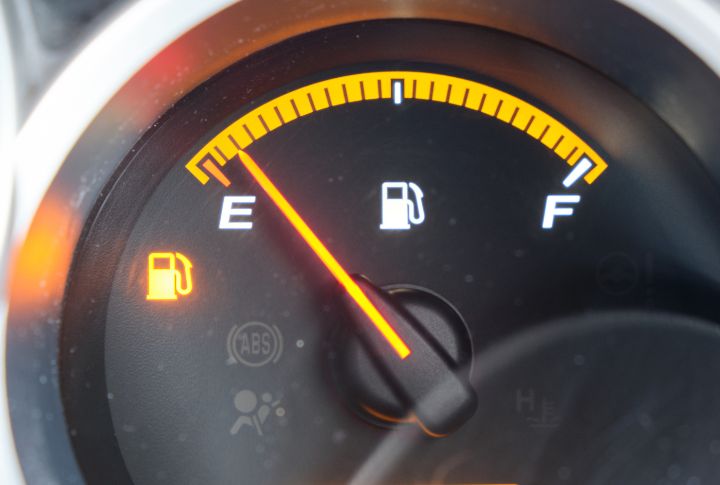
While hybrids shine in city stop-and-go traffic where the electric motor takes over, highway speeds often rely more on the gasoline engine. You might see reduced miles per gallon (MPG) numbers, meaning more fuel is used. Models like the Toyota RAV4 Hybrid drop from 41 mpg in the city to 38 mpg on a highway.
